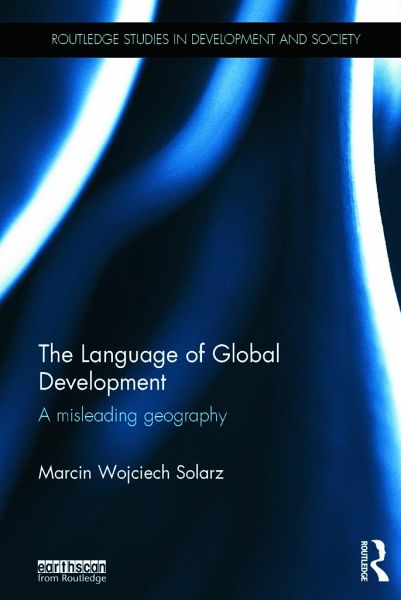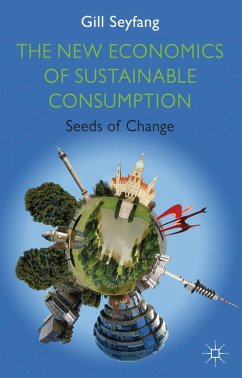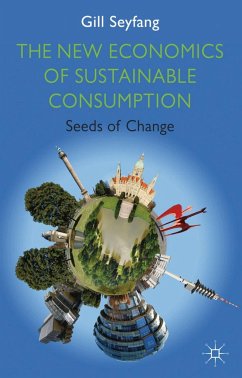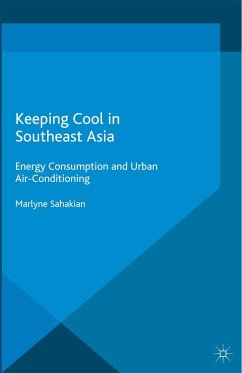Versandkostenfrei!
Versandfertig in über 4 Wochen
Weitere Ausgaben:

PAYBACK Punkte
84 °P sammeln!





First Published in 2014. Routledge is an imprint of Taylor & Francis, an informa company.
Associate Professor at the Institute of Regional and Global Studies, Faculty of Geography and Regional Studies at the University of Warsaw, Poland. His research interests focus on human geography and international relations, with a special emphasis on political geography, regional geography and North-South relations.
Produktdetails
- Verlag: Taylor & Francis
- Seitenzahl: 194
- Erscheinungstermin: 1. September 2014
- Englisch
- Abmessung: 236mm x 157mm x 18mm
- Gewicht: 431g
- ISBN-13: 9780415657020
- ISBN-10: 0415657024
- Artikelnr.: 39373513
Herstellerkennzeichnung
Libri GmbH
Europaallee 1
36244 Bad Hersfeld
gpsr@libri.de
"The volume is much needed for those interested in the geographies and economies of global economic development." - Geographical Education, Professor Stanley D. Brunn, University of Kentucky
"It provides much space for relevant concepts and views barely present in international literature on the topic. It can serve as a useful tool in university teaching in all subjects related to these problems. It can help students understand how we regionalise the world, why we are doing it the way we are, why we use these labels, and how these concepts are related to development theories. With the multilingual and multidisciplinary bibliography one can find the most important and relevant sources on global development and spatial terminology. Students and teachers in the fields of geography, development studies, politics or history can be the main public of this book, but with its easily comprehensible content and readability it is off ered for everyone interested in these issues." - Máté Farkas, Hungarian Geographical Bulletin 65 (2016) (2) 203-205.
"It provides much space for relevant concepts and views barely present in international literature on the topic. It can serve as a useful tool in university teaching in all subjects related to these problems. It can help students understand how we regionalise the world, why we are doing it the way we are, why we use these labels, and how these concepts are related to development theories. With the multilingual and multidisciplinary bibliography one can find the most important and relevant sources on global development and spatial terminology. Students and teachers in the fields of geography, development studies, politics or history can be the main public of this book, but with its easily comprehensible content and readability it is off ered for everyone interested in these issues." - Máté Farkas, Hungarian Geographical Bulletin 65 (2016) (2) 203-205.
"The volume is much needed for those interested in the geographies and economies of global economic development." - Geographical Education, Professor Stanley D. Brunn, University of Kentucky
"It provides much space for relevant concepts and views barely present in international literature on the topic. It can serve as a useful tool in university teaching in all subjects related to these problems. It can help students understand how we regionalise the world, why we are doing it the way we are, why we use these labels, and how these concepts are related to development theories. With the multilingual and multidisciplinary bibliography one can find the most important and relevant sources on global development and spatial terminology. Students and teachers in the fields of geography, development studies, politics or history can be the main public of this book, but with its easily comprehensible content and readability it is off ered for everyone interested in these issues." - Máté Farkas, Hungarian Geographical Bulletin 65 (2016) (2) 203-205.
"It provides much space for relevant concepts and views barely present in international literature on the topic. It can serve as a useful tool in university teaching in all subjects related to these problems. It can help students understand how we regionalise the world, why we are doing it the way we are, why we use these labels, and how these concepts are related to development theories. With the multilingual and multidisciplinary bibliography one can find the most important and relevant sources on global development and spatial terminology. Students and teachers in the fields of geography, development studies, politics or history can be the main public of this book, but with its easily comprehensible content and readability it is off ered for everyone interested in these issues." - Máté Farkas, Hungarian Geographical Bulletin 65 (2016) (2) 203-205.
Für dieses Produkt wurde noch keine Bewertung abgegeben. Wir würden uns sehr freuen, wenn du die erste Bewertung schreibst!
Eine Bewertung schreiben
Eine Bewertung schreiben
Andere Kunden interessierten sich für













